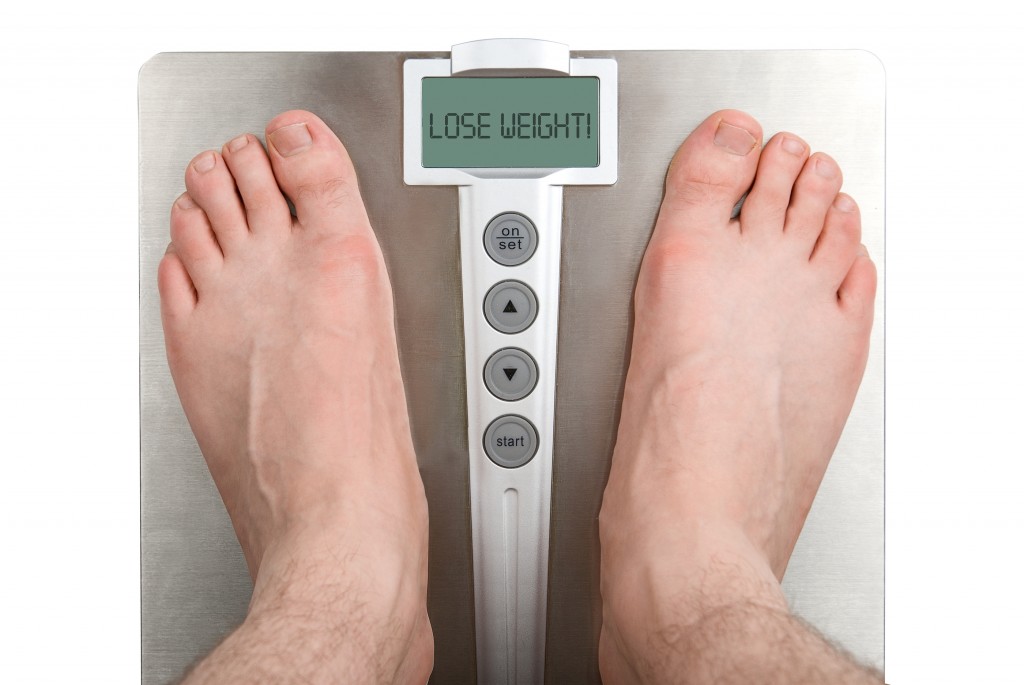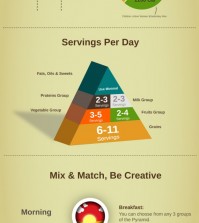- Make It Yourself Lavender Heart-Shaped Bath Bombs!
- 20 Things You Never Knew About “Down There”
- 12 Best Foods For Those Suffering From Arthritis Pain
- 12 Personal Hygiene Mistakes Almost Everyone Makes (Mom Never Told You About #4!)
- 15 Medicinal Plants And Herbs From The Cherokee People
- 12 Mind-Blowing Benefits Of Drinking Coconut Water During Pregnancy
- 12 Outstanding Winter Foods That Won’t Fatten You Up Like A Christmas Turkey
Evening Fasting Can Help You Burn Fat

Photo credit: bigstockphoto.com
It has to do with what “fuel” the body burns for energy and for how long. For the first 12 hours of going without food, the human body will use up stores of glucose—otherwise known as sugar. After around 12 hours of doing this, the body switches to burning fat for energy.
If you’re a normal person who just eats as many calories as they can at all hours of the day and night, the burning of glucose or fat stores never happens at all. It just keeps accumulating in the body, and that’s how people become overweight.
In the group that restricted their eating to a six-hour window, this was followed by an 18-hour period of fasting. During the fasting period, there was a longer segment of time in which their bodies were burning fat rather than glucose stores.
Now, it’s important to keep a few things in mind with this study. Only 11 participants (overweight adults between the ages of 20 and 45) took part in the study. While the data is real, this is too small of a sample to be considered a major find. A six percent difference in fat burning is also not considered to be hugely statistically significant. There also wasn’t a specific instruction regarding the type of food to be eaten.
KEEP READING: 14 Of The Biggest Lies And Myths Told About Fasting (Even We Didn’t Know #9!)
What this study does prove is that there was a definite correlation between restricting eating to a smaller window of waking hours and a slight increase in burned fat. These findings, however, are promising, and indicate that this study should be replicated on a much larger scale.
For people curious about experimenting with intermittent fasting, you can explore some different methods and find the right approach for you.
References:

































